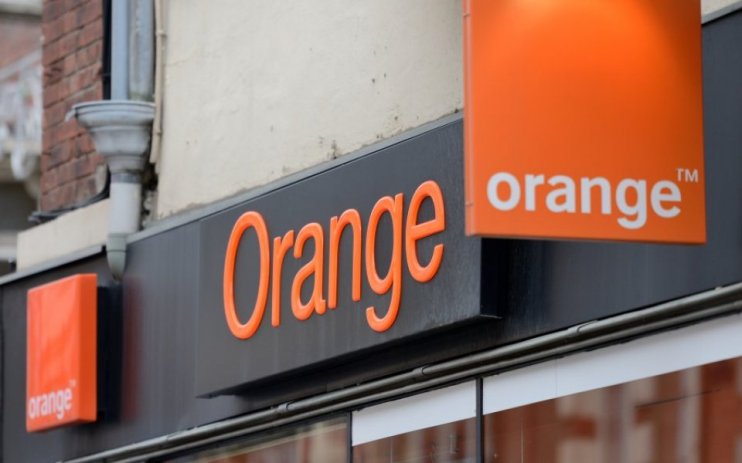Orange hit by lower returns from co-financing deals

Orange’s quarterly profit was hit by lower returns from co-financing deals to deploy networks.
Like other European operators, the state-controlled, and former monopoly, struggles to maintain strong upward momentum in earnings, caught between the need to upgrade networks while contending with fierce competition in France and Spain, its biggest markets.
Third-quarter earnings before interest, tax, depreciation and amortisation after leases dropped by 0.7% from a year earlier to €3.55bn (£2.98bn) despite increasing customer numbers in France and Spain.
The French telecoms operator has signed deals with rivals such as Bouygues Telecom and Iliad’s Free to help it to deploy broadband fibre networks, adding revenue to the group’s regular sale of mobile and broadband contracts.
Under such co-financing deals, Orange receives payments from rivals in exchange of the right to use the networks.
Lower returns from these deals explains a 4.1 per cent drop in Orange’s sales in France, Chief Financial Officer Ramon Fernandez said.
Over the July to September period, Orange managed to add 121,000 customers for its mobile business in France, plus 80,000 new broadband customers.
Orange reiterated its full-year targets, including a slight decline in core operating profit and underlying cash flow from telecoms activities of more than €2.2bn (£1.85bn), down from €2.5bn (£2.1bn) in 2020.
It also reiterated its targets for 2023, which include underlying cash flow from telecom activities of €3.5bn to €4bn (£3.37bn).
Orange Chief Executive Stephane Richard has told French weekly JDD he would be willing to stay on as group chairman when his third four-year mandate as CEO ends in May 2022.
On top of this, it has also been announced today by Martin Vial, head of the French state shareholding agency APE, that France may make changes to its stake in the telecoms company in the medium term. has no plan to adjust it for now. However, there are no immediate plans for this.